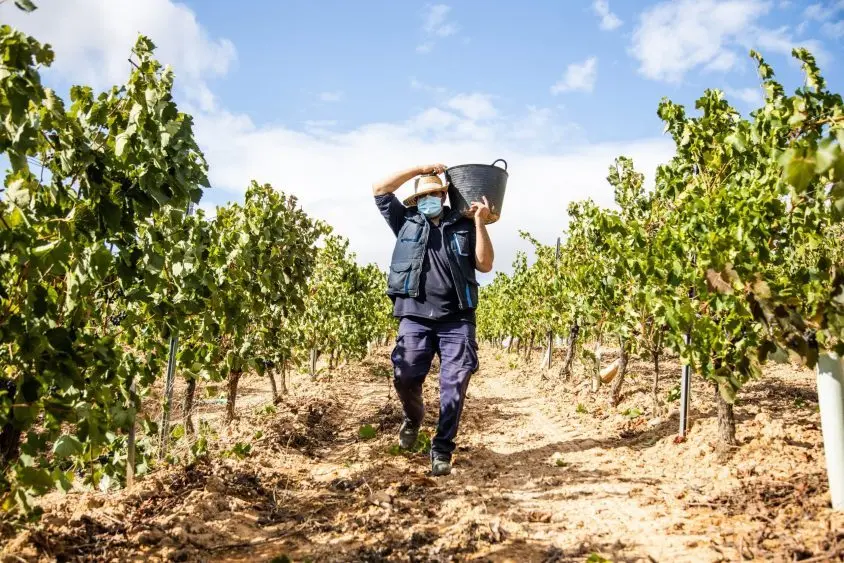The Trump Administration’s Make America Healthy Again (MAHA) Commission has released its second draft strategy report, a wide-ranging plan aimed at reversing the nation’s childhood chronic disease epidemic. The 120-plus initiatives outlined in the September 9 release seek to realign food, health, and agriculture systems around nutrition, science, and prevention.
Health and Human Services Secretary Robert F. Kennedy Jr., who chairs the Commission, called the strategy “the most sweeping reform agenda in modern history—realigning our food and health systems, driving education, and unleashing science to protect America’s children and families.” Agriculture Secretary Brooke Rollins said farmers and ranchers are “at the heart of the solution—alongside doctors, parents, and communities—to fight chronic disease and protect future generations.” EPA Administrator Lee Zeldin added that the plan would “restore transparency and put gold-standard science—not special interests—at the center of every decision.”
Farm organizations were quick to welcome the second draft, praising its recognition of agriculture’s role in building a healthier America. The response marked a sharp contrast to their unease with the first draft report released in May, which took a far harsher tone toward pesticides and raised concerns within the agricultural community. In comparison, the new version emphasizes collaboration with farmers and acknowledges the role of crop protection tools as part of a science-based regulatory framework.
The National Sorghum Producers (NSP) commended the Commission for engaging producers in the report’s development and affirming EPA’s role as the global gold standard in regulating crop protection. “As a farmer and a mother, I am proud to see the Administration acknowledge the importance of agriculture in building healthier futures,” said NSP Chair Amy France of Scott City, Kansas. “Sorghum farmers are innovating every day and we stand ready to partner in making America healthier.” NSP urged the administration to continue giving farmers a strong voice as the MAHA agenda advances.
The International Dairy Foods Association (IDFA) highlighted the recognition of milk and dairy products as nutrient-dense foods essential to children’s health. IDFA President and CEO Michael Dykes urged policymakers to expand dairy incentives in federal programs, noting industry efforts to reduce sugars in flavored school milk by 60% since 2006 and to remove artificial colors.
The National Cattlemen’s Beef Association (NCBA) underscored beef’s contribution to balanced diets, pointing to research showing a 3-ounce serving of lean beef provides half of Americans’ daily protein needs in fewer than 170 calories. “From every angle, it is tough to beat American beef,” said NCBA President Buck Wehrbein. NCBA also emphasized the role of ranchers in stewarding millions of acres of land, water, and wildlife habitat across rural communities.
The International Fresh Produce Association (IFPA) pressed for a “produce-first” national health strategy. “You cannot make America healthy again without fruits and vegetables,” the group said, urging policymakers to embed produce prescriptions into federal health programs and expand access to fresh produce in schools and community feeding programs.
Not all reactions were supportive. Elizabeth Kucinich, a longtime advocate for regenerative agriculture and public health reform, issued a scathing response to the pesticide section of the report, arguing it reflects industry capture. “The pesticide section of the report, which directs EPA to partner with industry on PR campaigns to convince Americans the system is ‘robust,’ reads like it was written by Bayer and Monsanto,” Kucinich said. “We cannot call a system robust when it permits poisons already banned abroad. True Pro-Life Agriculture protects children before profits.”
Kucinich criticized the administration for refusing to oppose liability shields for pesticide makers, advancing the EATS Act to limit state protections, and channeling more than $100 billion into chemical-intensive crops while hollowing out USDA’s organic and conservation programs. She called for reforms including banning pesticides like atrazine and paraquat, requiring EPA to test full formulations rather than only active ingredients, restoring USDA organic transition programs, and redirecting subsidies toward regenerative organic systems.





